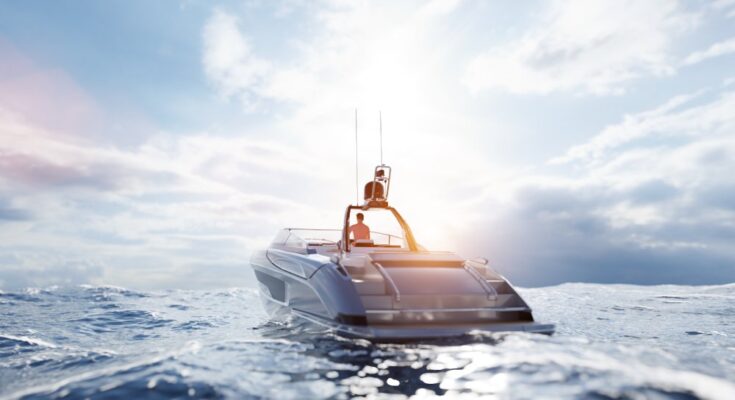Exploring saltwater environments with your boat can be an exhilarating experience, but it comes with unique challenges. Saltwater is harsher on your vessel than freshwater, and preparation is key to keeping your boat in top condition. Continue reading to explore how to prepare your boat for saltwater adventures.
Thoroughly Wash Your Boat
Saltwater is notorious for causing corrosion and damage to boats. Cleaning your boat thoroughly before hitting the water helps minimize the exposure of dirt and debris to salt. Focus on areas like crevices and tight spaces where salt might accumulate. Use products specifically designed for marine environments to maximize protection. Pay special attention to washing your deck, exterior, and compartments.
Inspect and Protect Metal Parts
Metal components are particularly susceptible to rust and corrosion when exposed to saltwater. Look over your boat for signs of wear or rust on metal parts such as bolts, hinges, and railings. Apply a marine-grade anti-corrosion spray to protect these areas. Don’t forget to check out the propeller and other outboard motor components. Taking protective measures can go a long way in preserving your boat’s metal elements.
Check and Maintain the Engine
Saltwater adds extra strain to your engine, so a thorough check beforehand helps keep it in optimal condition. Flush the cooling system regularly to get rid of any salt deposits. Inspect the fuel lines, oil levels, and filters, and replace anything worn. These actions help increase your outboard motor’s performance and extend its lifespan during saltwater trips. Keeping your engine running is essential for a successful day on the water.
Examine and Clean the Hull
Your boat’s hull faces the full force of saltwater and marine organisms. Inspect it carefully for damage, scratches, or any loose paint. Clean the hull with an appropriate cleaner to remove residual salt and other buildup. Applying an anti-fouling solution can help prevent barnacles and marine growth from clinging to the surface during your trip.
Review Safety Equipment
Your safety gear matters as much as the condition of your boat. Double-check that your life jackets, flares, fire extinguishers, and first aid kit are all present and in good condition. Pay attention to the expiration dates on items like flares and fire extinguishers. A little preparation here can make a big difference when you’re out in saltwater environments that may be far from shore.
With proper preparation, you can prevent damage to your boat and focus on enjoying your saltwater adventure. Follow these tips, and you’ll spend more time exploring the water and less time worrying about your vessel’s condition. Take the time to gear up and head into your next saltwater experience with confidence!


